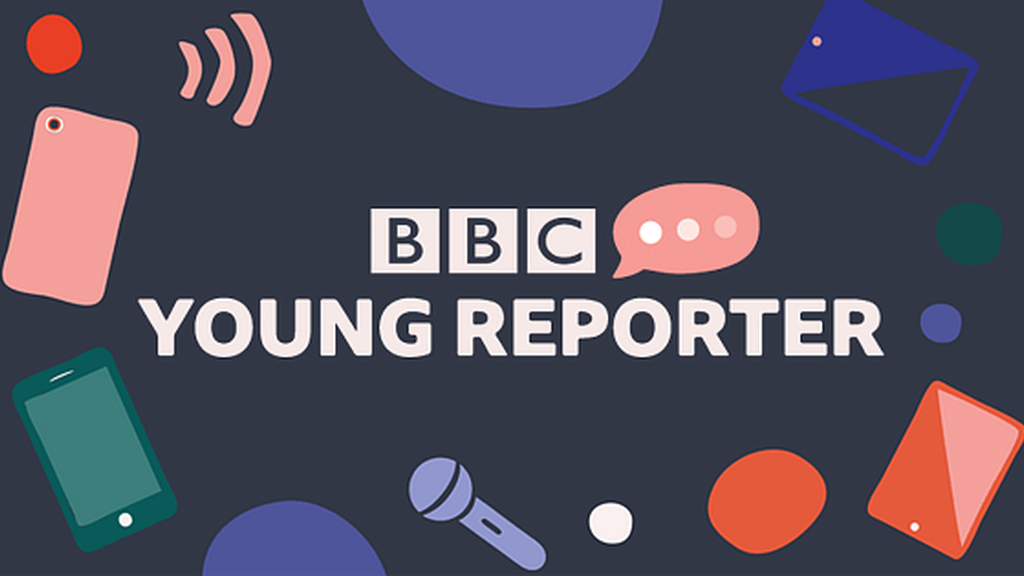BBC Young Reporter on why sport is crucial for disabled people
- Published
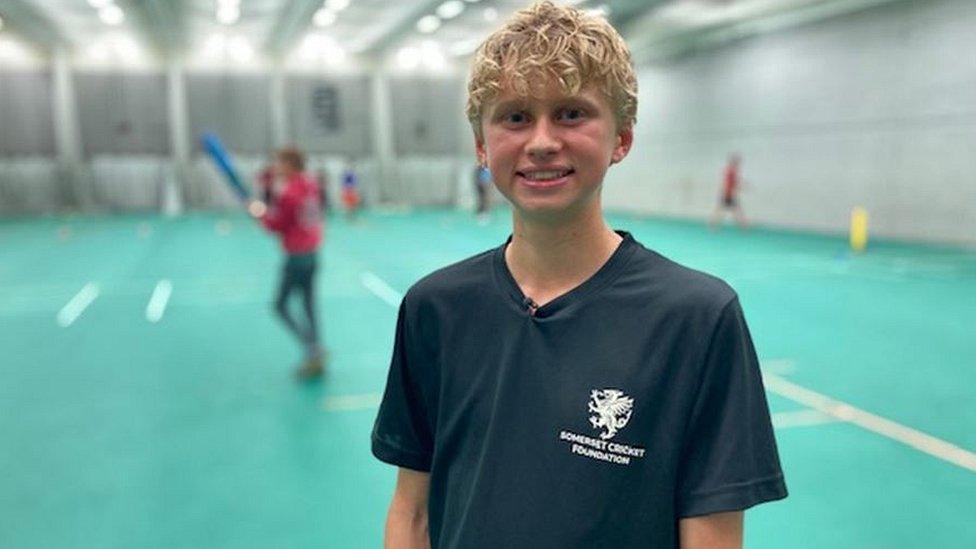
Matthew is a strong believer that everybody should be able to enjoy sport
Matthew loves cricket. Playing it, watching it and also now coaching. Last year he started volunteering with the disability team at the Lord's Taverners' Super 1s in Taunton, Somerset.
The 15-year-old is also the regional winner of this year's BBC Young Reporter competition. Here he talks about what it means to him.
Wednesday evenings are cricket night when I help to coach the disability team, made up of 12 to 25-year-olds.
But when I started around a year ago, I quickly realised it was much more than just cricket.
I have always felt comfortable and accepted in society, which has made me confident as a person.
However, as I grew up, I noticed that society was not as inclusive of people with hidden disabilities.
My older sister has additional needs and has played cricket for Somerset Disability for a few seasons.
I have always been a strong believer that sport can be enjoyed by everyone from any background, particularly those with a disability.
The Super 1s cricket hub in Taunton is one of several hubs set up all over the country for children and young adults with disabilities to come together and play cricket.
Coming here I wanted to support the wider community who had disabilities.
Many young people feel it is ok to use derogatory language, mocking those who may have a hidden disability, through how they act, think, learn or by simply name calling.
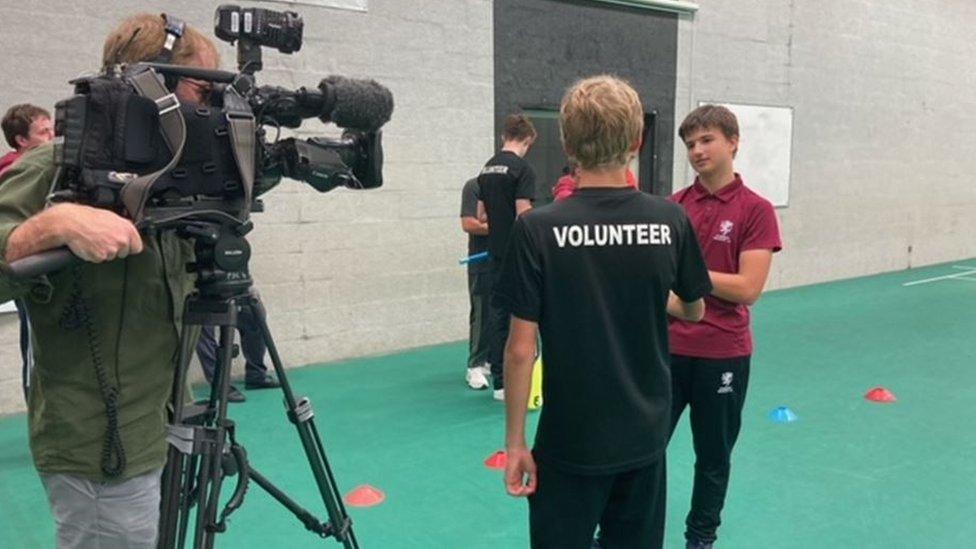
Matthew said having a sense of belonging and being part of a team is vital for many excluded from other things due to disability
For me, this made me very anxious as a brother and a pupil in school, hearing abusive language that I was too worried to call out, despite knowing that it could be offending someone else.
However, due to lots of hard work by myself and some staff at my school, the culture and acceptance around hidden disabilities has really improved.
Life has already created enough barriers for people with disabilities, that we just need to be kind and embrace their differences.
Coaching at the cricket club has shown me there are places that are and can do this.
For the young people attending, this might be their only social group and the only people they feel comfortable talking to, outside of close relationships in their family.
Having a sense of belonging and being part of a team is vital for many who could be pushed out of societal norms.
It has been a real indicator that sport can improve the lives of many people with disabilities, giving individuals the chance to play sport in an environment that made them feel comfortable.
I really want to make people aware that hidden disabilities, like autism, are real and should not go unnoticed just because they are not visible.
Educating people, teaching them that this should not be seen as a sensitive or fragile topic, is crucial in making people aware of hidden disabilities, ultimately stopping the discriminative language that has up until now, been deemed acceptable.
The message for the world and at Super 1s is "respect everyone, accept everyone for who they are and embrace the different".
You can find stories by other young people on the BBC Young Reporter website.

Follow BBC West on Facebook, external, X, external and Instagram, external. Send your story ideas to: bristol@bbc.co.uk , external
Related topics
- Published22 January 2023
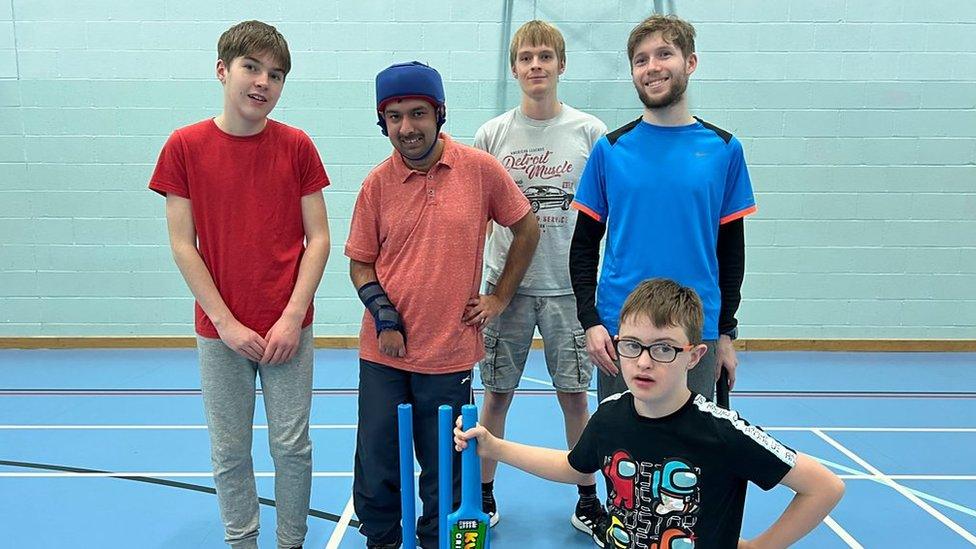
- Published25 March 2024
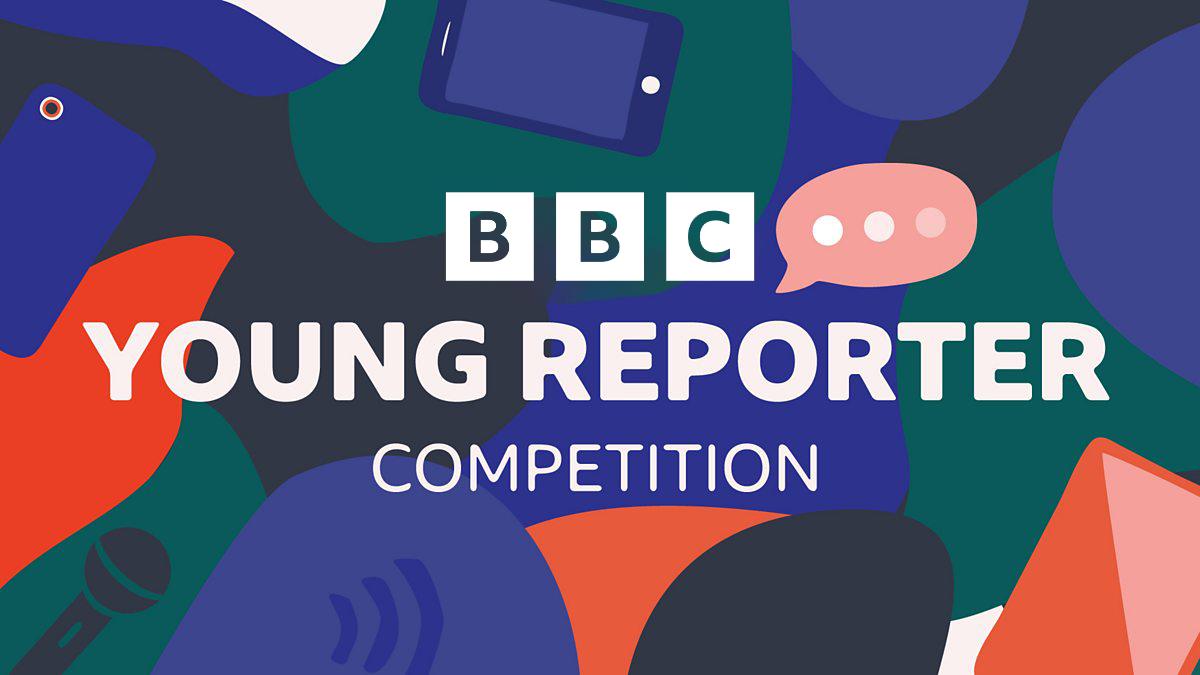
- Published10 August 2020
